Great machine, the sound is pretty unique. I never played with a real 2600 but it's a close match. However it's close in the sense a plugin would emulate it. It's not as nasty, gritty or ugly as the sounds that I am familliar with from the real deal.
Okay I know that was probably what you wanted to know.. but there is more about this machine that makes it worthwhile. Especially because it's quite "clean" and "friendly" sounding it is really easy to make sounds that fit right into your mix. There's barely any processing needed for the sounds to work in a mix, or as a layer for something digital or even another synth. I'm using it a lot paired with my modular which is a nice match.
The oscillators sound good, but not expensive like a Dixie module or some other specified modular voice. (I know they are very different, but bear with me. It's about the quality of the sound) They do sound better than digital oscillators.
The filter is pretty neat, I like how they sound, good character, nice sweep and easy to tune to something fun.
The noise sounds great, I use it a lot, it has different options all sound good.
The spring reverb is very warm and full. It's a good sound but it will fill up your mix quite quickly so you can't really use it on everything. It also doesn't sound like a spring so much as just a reverb with a specific sound.
So far so good, most of this synthesizer just sounds good. Except... the envelopes. I know they have supposedly fixed this in the "Gray Meanie" version of the Behringer 2600, but on this unit it it's simply awful. It's almost unusable, I don't know... I am almost always using another envelope for the amplitude. It kinda works with the filter, but the reality is it just can't go very short or snappy which is really annoying. I would be using it way more often if this was fixed. I wonder if there will be some firmware upgrade at some point that addresses this.


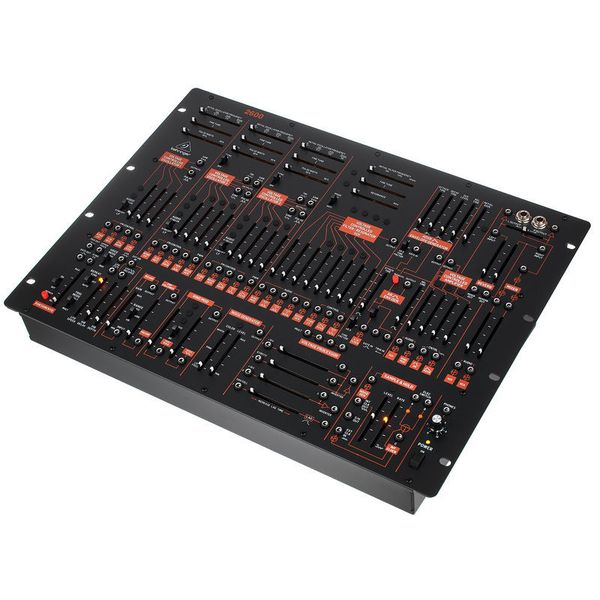
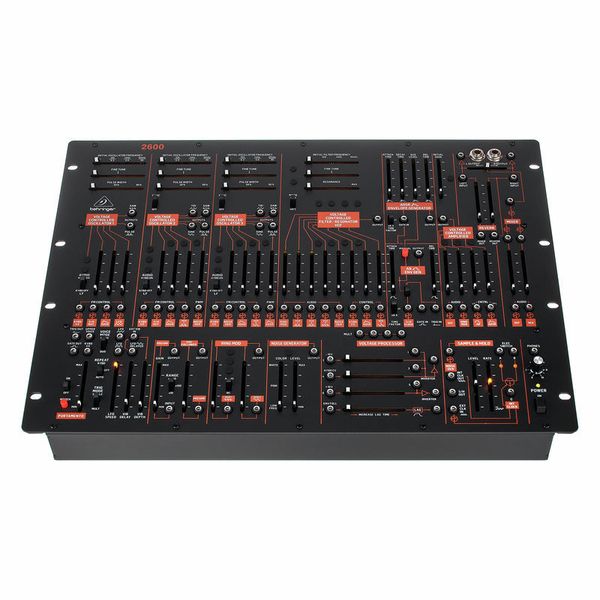
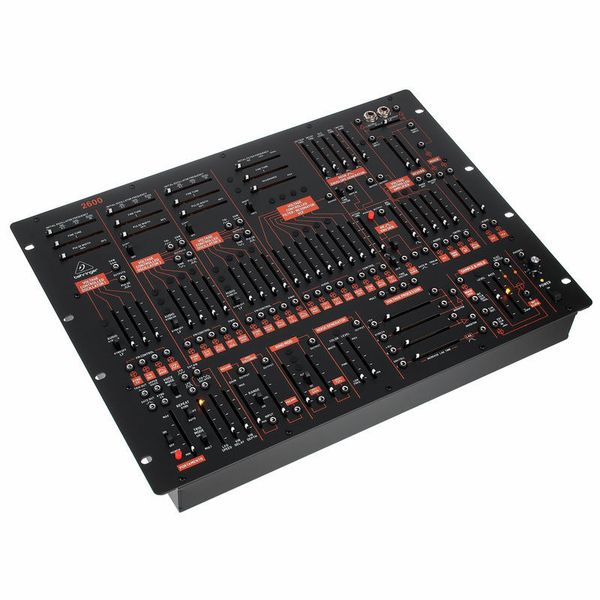
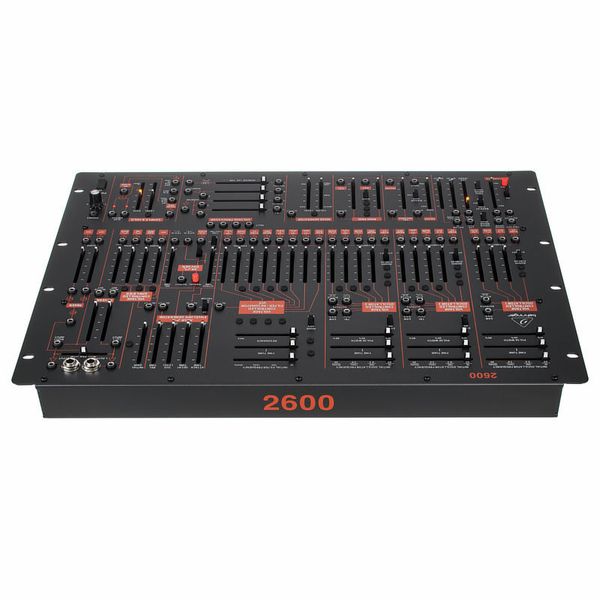
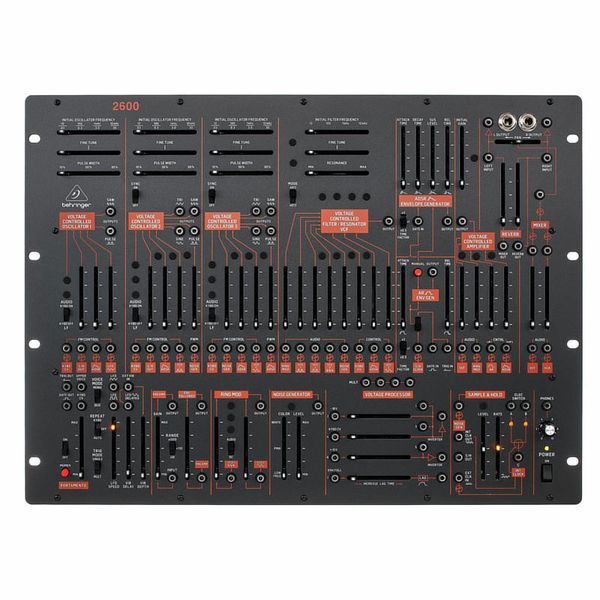
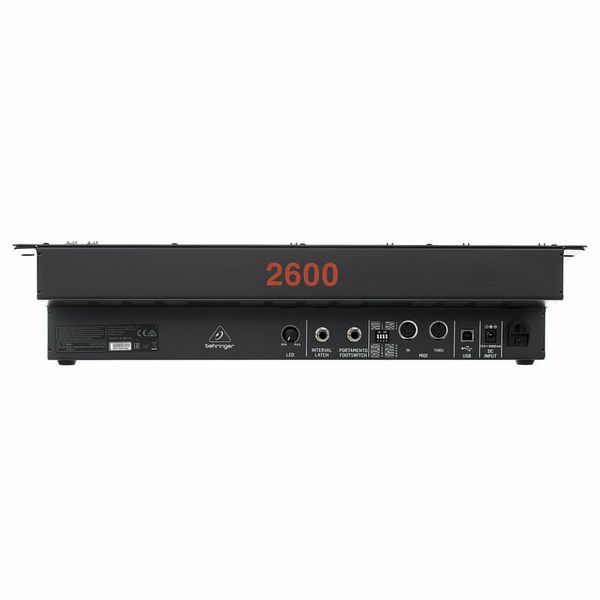
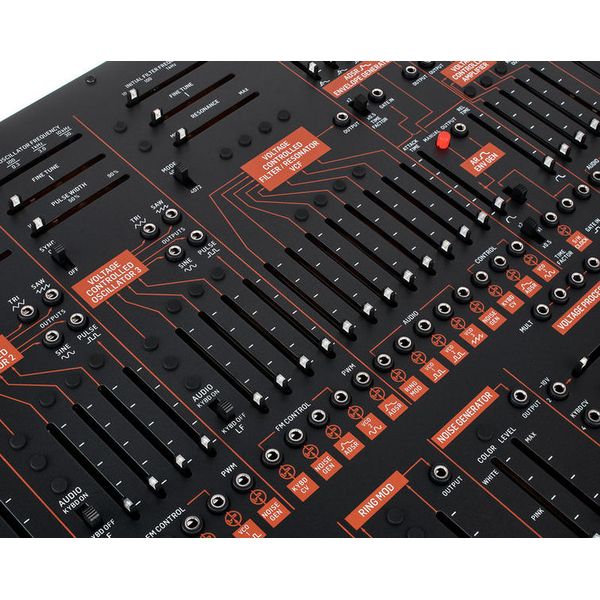
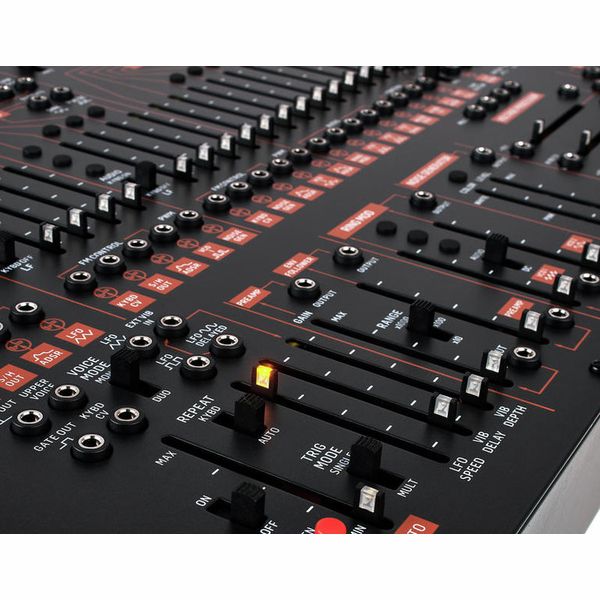
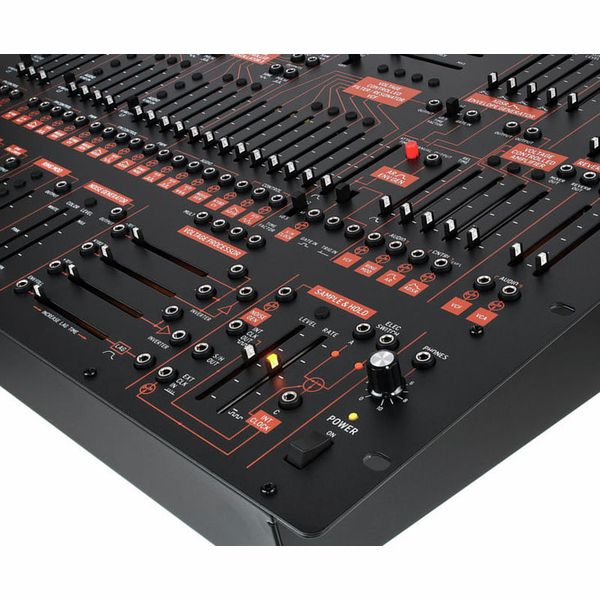
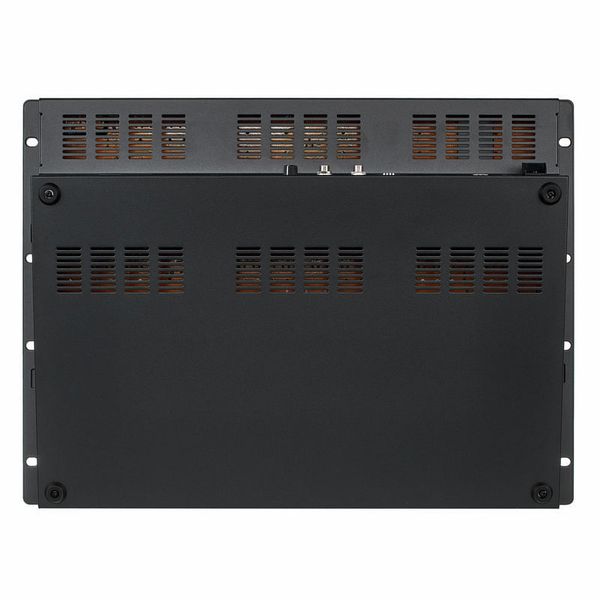
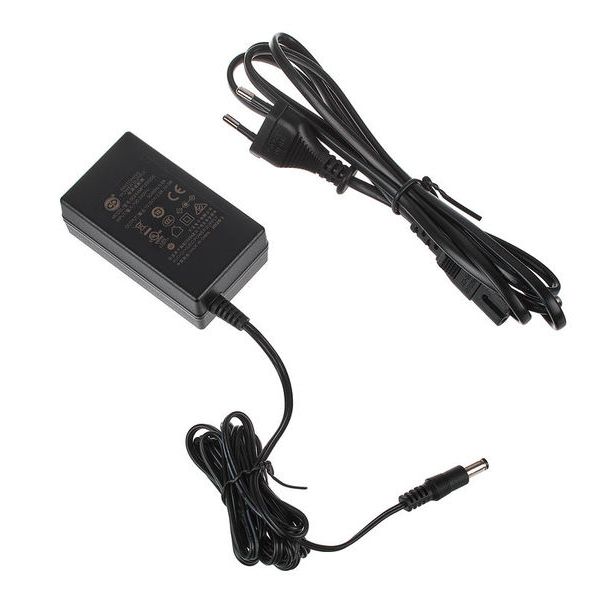












)
)
)
)
